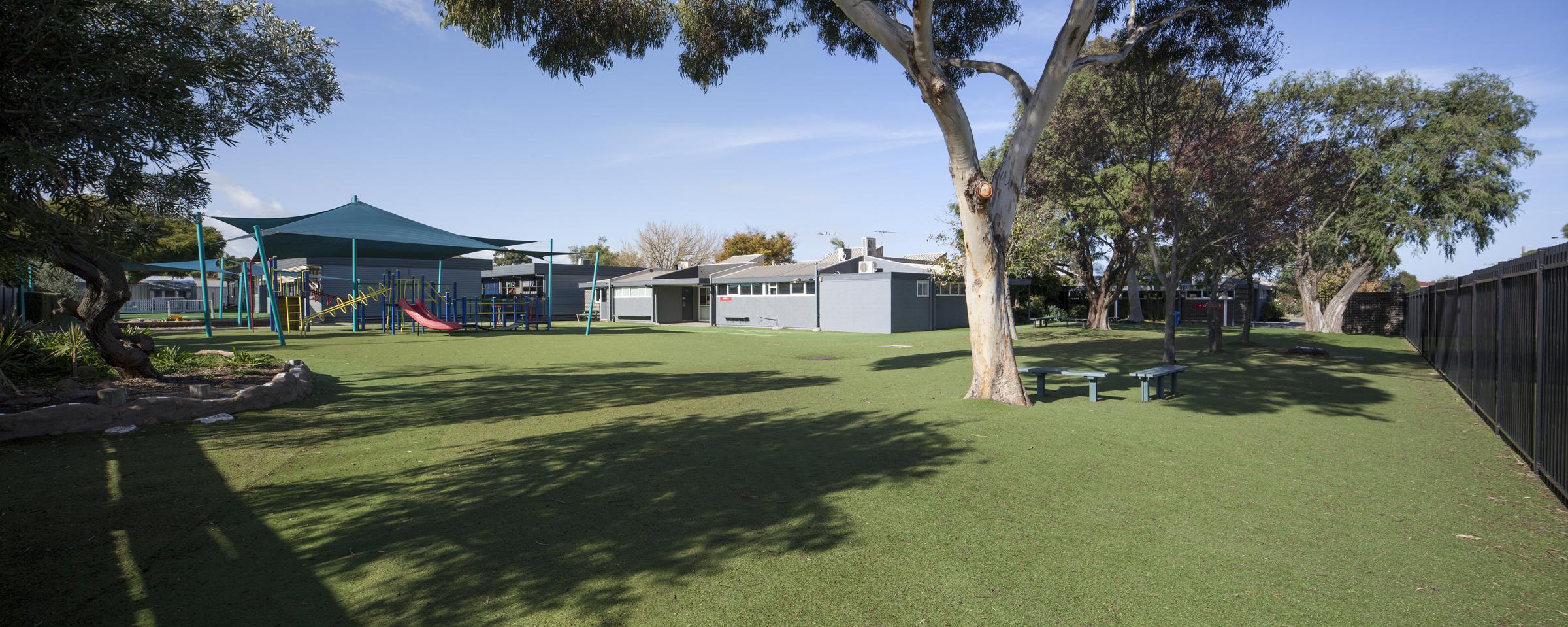Sickbay

Liliane Karidis
First Aid Officer
The schooI holidays are an ideal time to eliminate head lice. I seek your cooperation in checking your child’s hair and in those instances where head lice or eggs are found, treating your child’s hair.
Please refer to the link below for more information and guidelines regarding detecting and treating head lice and eggs.
http://www.health.vic.gov.au/headlice/
Thank you in advance for your assistance.
An interesting article was in the Herald Sun recently regarding a tablet that can help people suffering from hay fever and thunderstorm asthma. Please see below if interested.
Enjoy the holidays and stay healthy.
A little Lifesaving Pill
Tablet protects against hayfever, asthma
EXCLUSIVE - LUCIE VAN DEN BERG
A DAILY tablet dissolved under the tongue can protect people against spring hay fever and thunderstorm asthma.
Melbourne scientists found that it taught the immune system to tolerate grass allergens for up to a decade, if given daily for four months over three years.
By coincidence, The Alfred hospital trial was held during the thunderstorm asthma event in Melbourne in N ovember 2016, which claimed nine lives and forced thousands to seek emergency treatment Among the patients taking the tablets in the trial, none developed the potentially lifethreatening complications.
"None of our patients who had the treatment, who were exposed to this event, developed thunderstorm asthma," The Alfred's allergy department director, Robyn O'Hehir, said.
Among the patients in the trial who were not taking the drug, 40 per cent had an asthma exacerbation and went to a doctor or an emergency department. People who have spring hay fever are vulnerable to epidemic thunderstorm asthma, which includes shortness of breath, wheezing and chest tightness.
The drug used in the trial, Oralair, has been shown to effectively treat spring hay fever, and many people who go through the desensitisation program do not need further treatment for up to 10 years. Professor O'Hehir, who is also a Monash University academic, said she initiated the trial in 38 patients because she wanted to see if the drug, usually taken for seven months for three years, could be effective in a shorter course.
"From past experiences with 'allergy shots', I thought that a shorter course would be sufficient," she said.
The study found that giving patients a course of the tablets from June to September led to a significant improvement in hay fever symptoms within a year.
"Our study also showed a daily tablet of grass pollen, including rye grass, dissolved under the tongue for four months before spring in two or three consecutive years protected against the big epidemic thunderstorm event," Prof O'Hehir said.
The drug is not on the Pharmaceutical Benefits Scheme, but people can buy it for about $350 for four months with a referral to an allergist from their GP.
It's estimated in the City of Melbourne alone, 1.84 million people are sensitised to rye grass and 790,000 have clinical allergic rhinitis, or spring hay fever.
Prof O'Hehir recommends people with seasonal hay fever visit their GP in October to prepare an asthma plan for November thunderstorms.
The study was in the American Journal of Respiratory and Critical Care Medicine.
lucie.vandenberg@news.com.au
@Lucie_VDB

